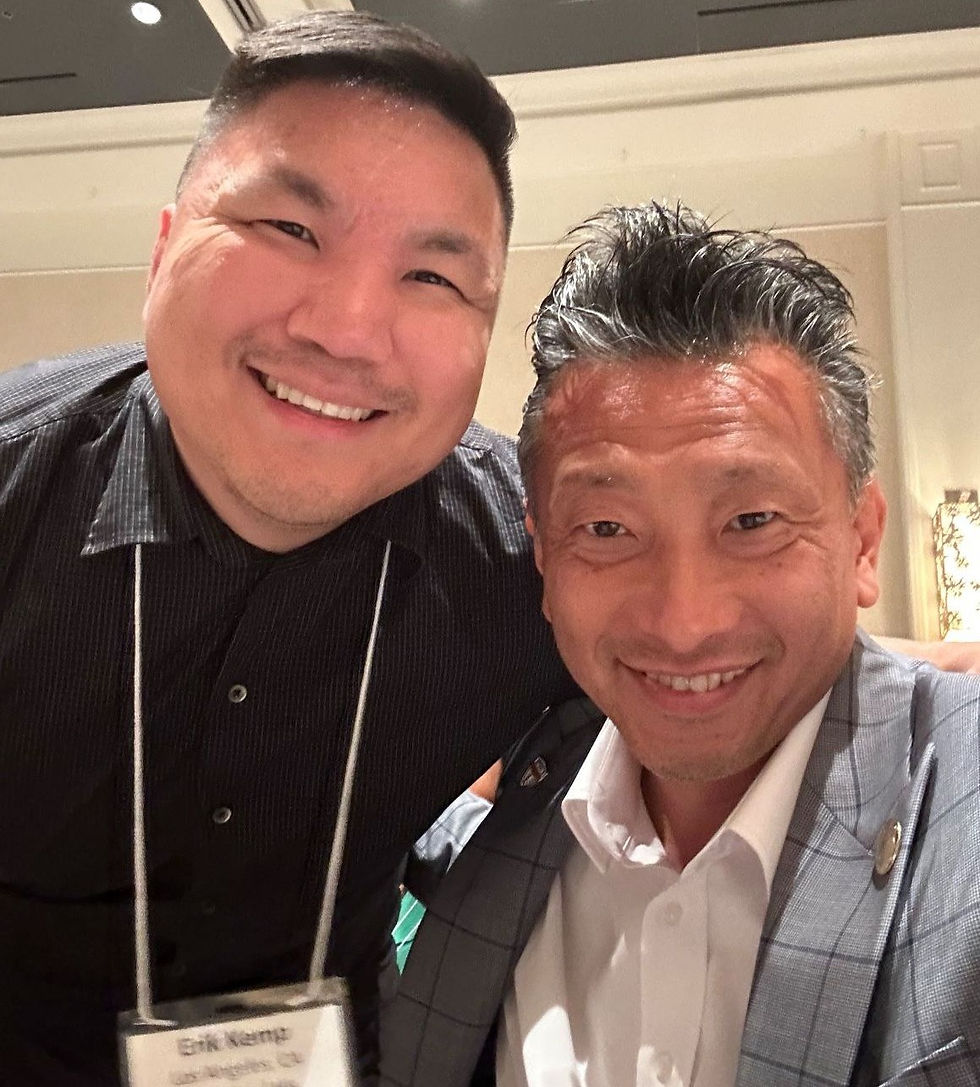Beyond Speaking Out
- KAAN
- May 29, 2020
- 3 min read
Updated: Jun 2, 2020
Why Being Rooted in Our Histories as Adoptees & Asian Americans is Critical to Advancing a More Authentic Solidarity with Oppressed Communities and Movement for Justice
by Taneka Hye Wol Jennings

May is Asian Pacific American Heritage Month, and I am reminded that being Asian American and a transracial, intercountry adoptee means having choices.
Like many others, I was horrified and saddened by the recent murder of George Floyd at the hands of a White Minneapolis police officer, one more in a string of widely publicized modern-day lynchings of Black people. I felt shame upon learning that an Asian American police officer stood by and watched this senseless killing occur, ignoring the urgent pleas of witnesses to intervene.
Recent events have led me to question anew my identity as a Korean adoptee, and how I understand our collective responsibility as Asian Americans and adoptees to intervene and stand up for the rights of people who are being oppressed.
To more adequately explore these questions, it is helpful for me to remember and claim my own history as an Asian American and Korean adoptee. This history includes the mass lynching of twenty Chinese Americans in Los Angeles in 1871 and subsequent passage of the Chinese Exclusion Act in 1882, the denaturalization of 50 South Asians, including Bhagat Singh Thind, when the Supreme Court ruled in 1923 that a person of Indian descent did not have the same right to citizenship as a White man, the government-sanctioned mass incarceration of 120,000 Japanese Americans during World War II, and the brutal murder of Chinese adoptee Vincent Chin in 1982 for which the two White men responsible served no jail time.

Following the end of World War II in 1945, the United States and Russia divided the Korean peninsula into North and South Korea and installed separate military occupations, setting the stage for the Korean War. In the aftermath of the Korean War, White American citizens then lobbied the U.S. government to pass the Bill for Relief of Certain Korean War Orphans to allow them to adopt foreign-born children. Citizenship for adoptees was not guaranteed, leaving an estimated 18,000 Korean American adoptees without this basic right and potentially subject to deportation.
A brief review of history reveals that it is not just Black lives and Black bodies that are at stake, or Native Americans whose sovereignty was stripped and land was stolen by Western colonizers, or Latinx children who have been forcibly separated from their families and held in detention camps. As intercountry adoptees and Asian Americans, this is our story too.
If we are truly to embrace and realize our own freedom and humanity, we need to understand that our histories, lives and futures are inextricably linked to the histories, lives and futures of people who have been most impacted by injustice. We must flatly reject the false narrative that our contributions to the American economy or proximity to Whiteness as model minorities are what makes us worthy.
Instead we can choose a different path, owning our collective struggles and survival, and out of this place build authentic solidarity with other marginalized people so that we can together challenge the systems and structures that perpetuate injustice to achieve a safer, freer and more loving future for all people.
Being Asian American and a transracial, intercountry adoptee means having choices. We didn’t get to choose if or how we came to this country or how our lives were shaped by the circumstances of our adoptions. We do get to choose to own and be rooted in our histories, to deconstruct and rebuild the narratives that define us, and to stand up for each other as people who share a common struggle and forge a new reality together. That is where our true power lies.

Taneka Hye Wol Jennings resides in Chicago IL, where she serves as Deputy Director of the Korean American immigrant rights and access organization HANA Center, a local affiliate of NAKASEC. She is a founding member of Adoptees for Justice and former President of KAtCH: Korean Adoptees of Chicago, and has participated as a speaker, workshop facilitator, and youth program volunteer at past KAAN Conferences.




Comments